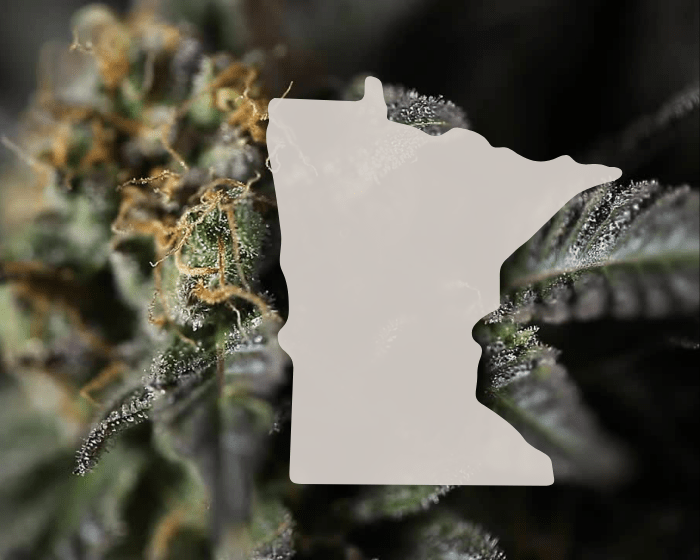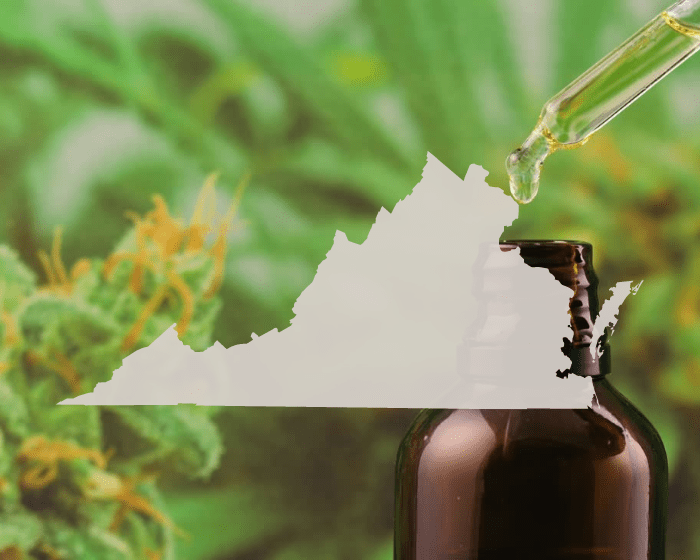
Poisonings from synthetic cannabinoids — often known by the street names K2 and Spice — are rarer in states that have legalized natural cannabis, a recent study found.
The study, led by Washington State University, found 37 percent fewer reports of poisoning from synthetic cannabinoids in states with legal recreational use versus states where delta-9 cannabis remains illegal. The study was published in the Journal of Clinical Toxicology, a peer-reviewed medical journal.
“This study shows some potential public health benefits to the legalization and regulation of adult use of cannabis,” said Tracy Klein, the study’s lead author and an associate professor of nursing at WSU, in a press release. “Based on both past research and this current study, it’s evident that users who have a choice to use a less toxic product would potentially do so.”
“It’s evident that users who have a choice to use a less toxic product would potentially do so.”
— Tracy Klein, Associate Professor of Nursing, Washington State University
As previously reported by Nothing But Hemp, the compounds in synthetic cannabinoids are not found in nature. They bind to the same cannabinoid receptors as natural forms of THC but do so much more strongly, leading to high potential for toxicity and even death.
Some agencies have attempted to categorize delta-8 THC as a synthetic cannabinoid, but it’s not the same as K2 and Spice. Although the delta-8 found on store shelves is the product of a lab process, that process involves converting CBD from hemp into THC. Unlike K2 and Spice, it is derived from cannabis plants. Another key difference is that the delta-8 THC compound itself occurs naturally in cannabis, albeit in small amounts.
This study didn’t include a review of delta-8 THC use, which has increased over the last couple of years and is readily available in gas stations and CBD shops in states where delta-9 cannabis is illegal.
Details of the Study
The researchers analyzed data from the National Poison Data System from 2016 to 2019. They looked only at states with consistent cannabis policies during those years, categorizing them as “permissive” if they allowed recreational use, “medical” if they allowed medical use only, or “restrictive” if they prohibited nearly all cannabis use.
Of the 7,600 calls to poisoning reports related to synthetic cannabinoid use, about 65 percent required medical attention. There were also 61 deaths.
The researchers found that synthetic-related poisoning reports went down overall during this time period. Still, there were 13 percent fewer in medical states and 37 percent fewer in permissive states.
The researchers noted that the actual number of poisonings was likely higher, as not all cases are reported to poison control centers. Synthetic cannabinoids are also difficult to detect using standard drug tests — one of the very reasons people use them.
“You can’t easily test for illicit cannabinoids,” Klein said. “A lot of times, we only find out if a patient has been using them because they’re hospitalized or because they’re dead.”
The researchers noted that an earlier study found that poison control calls related to natural cannabis use increased from 2017 to 2019 across the U.S. but mostly involved vaping and edibles containing high levels of THC. Poison control calls for whole plant cannabis declined during that time period.








































